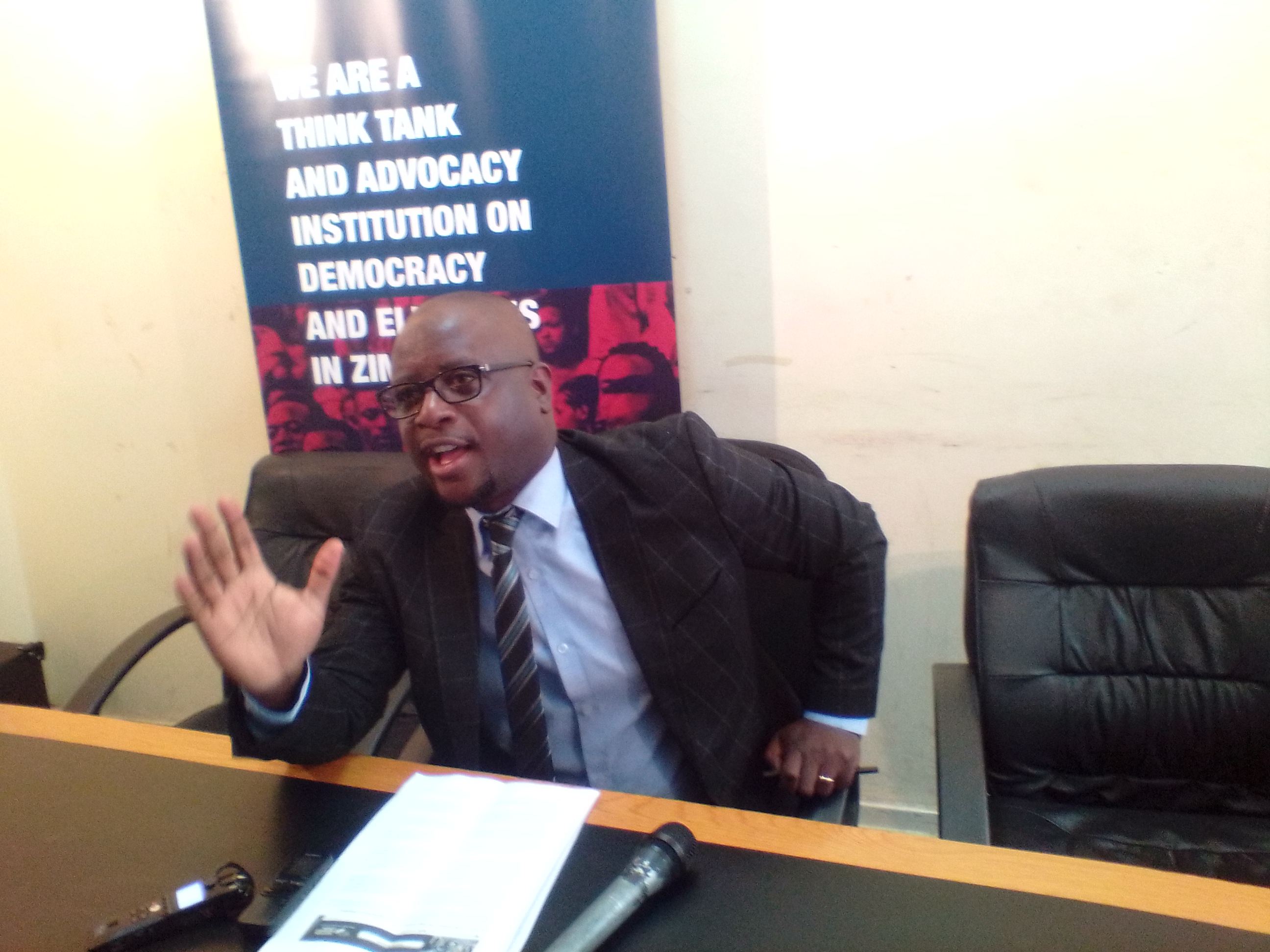By Joyce Mukucha
As it launched the #RegisterElectEngage campaign, the Election Resource Centre (ERC) is continuing to make concerted efforts to ensure that non-registrants, especially young people, are able to register to vote and participate in the upcoming by-elections, delimitation process and in preparation of the 2023 harmonised elections.
In its 2020 newsletter, ERC, highlighted those young people and first-time registrants were facing numerous constraints to register to vote and it will work effortlessly to ensure that these challenges are overcome.
“When it comes to participation in the election, young people face challenges such as difficulties with accessibility of centres, fear of elections, unavailability of registration staff and information on requirements for registration and these conditions have all contributed to apathy amongst first-time registrants which the ERC campaign seeks to overcome.
“We will be working closely with Church-Based Organisations in the target locations to mobilise citizens to register to vote. A shuttle caravan is dedicated for each location to assist in ferrying people to and from registration centres,” reads the newsletter.
Zimbabwe’s youths represent over 60 percent of the population and about 44 percent of the voter’s roll.
Highlighting the importance of registration for the youths, ERC underscored that when people hear about elections or voting, the discussion focuses on “Election Day” yet the important part of the pre-voting process occurs before the actual election day, that is voter registration.
“The requirement of registering to vote before being able to cast a ballot has been integral to how Zimbabwean democracy functions and provides both barriers and opportunities to voter participation.
“Voter registration is a systematic process which determines the eligibility of citizens to vote in an election. It is generally agreed that voter registration serves three main purposes; to ensure that everyone eligible to vote can so, prevent those not legally entitled to vote from voting and to curb multiple voting by an individual.”
As prescribed in Section 17A of the Electoral Act, ERC indicated that lack of voter registration has led to widespread political lethargy which ultimately results in low voter turnout, with by-elections since 2018 pulling an average voter turnout of 48 percent.
The organisation also noted that this has the potential impact of undermining the trust in and legitimacy of democracies as democracies derive legitimacy from the participation of citizens.
According to the Zimbabwe Election Centre (ZEC) 2019 Report, it has been revealed that voter registration following 2018 harmonised elections has been worryingly low, with 1 444 people registering in 2019 which is concerning considering the fact that since 2018 approximately youths became eligible to register to vote.
ERC went on to emphasize that participation of individuals in the election process was more than just a value indicating that it is foundational virtue of democracy.
“An individual’s right to vote ties that person to our social order,even if that person chooses not to exercise that right. Voting represents the beginning, everything else in our democracy follows the right to vote.
“To make your voice heard on an issue or candidate, don’t let others decide for you. When it comes to substantive representation of youth, the assumption is that voting will affect the nature of representation and ultimately the content of the public policy.
If young people do not register to vote and participate in elections, their distinct interests are more likely to be ignored or neglected by policymakers. Therefore, young people should vote to ensure high overall turnout.”
Political integration, ERC stressed, strengthens democracy with political integration of youth-promoting public order and democratic stability as long as young people are given a real voice and their vote being seen as meaningful and influential.






